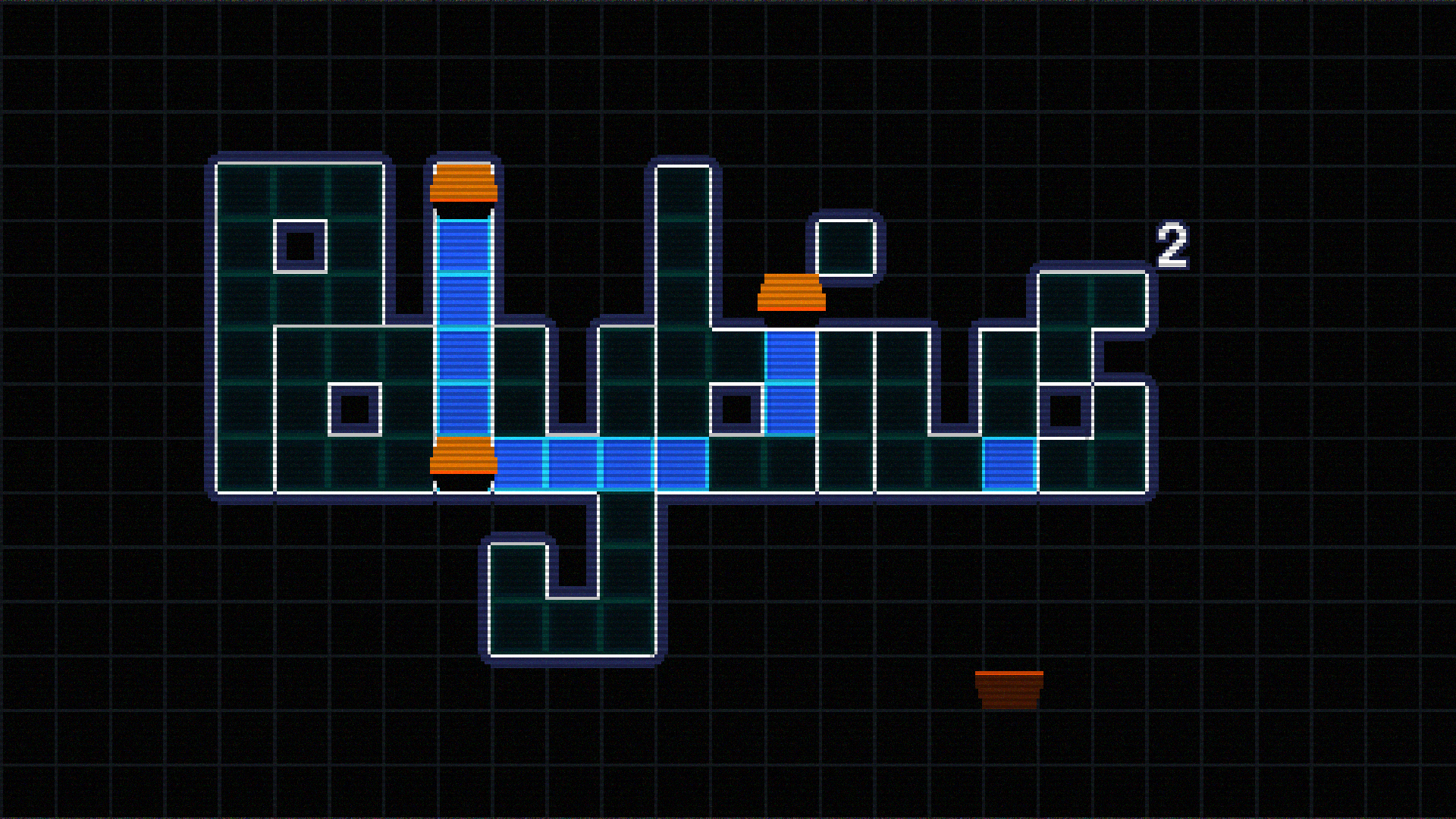
However, according to Roach, a boy experienced an epileptic seizure Original programmers and that his company developed a game with very In 2006, a man named Steven Roach claimed he had been one of the The article declared the existence of the game to be "inconclusive," helping to both spark curiosity and spread the story.įollowing the appearance in GamePro magazine, a number of individuals came forward claiming to have some involvement with Polybius. Polybius then appeared in the September 2003 issue of GamePro, as part of a feature story on video games called "Secrets and Lies." This was noteworthy, as it was the first known printed mention of the game, exposing the legend to a mass-market audience. Some time prior to September 2003, the owner of submitted a tip-off to the video game magazine GamePro about Polybius. These meanings are derived from Sinne, "senses" and löschen, "to extinguish" or "to delete". The word is described by writer Brian Dunning as "not-quite-idiomatic German" meaning "sense delete" or "sensory deprivation". The company named in most accounts of the game is Sinneslöschen.

Approximately one month after its supposed release in 1981, Polybius is said to have disappeared without a trace.
#POLYBIUS ROM SINNESLOSCHEN SERIES#
Players supposedly suffered from a series of unpleasant side effects, including amnesia, insomnia, night terrors and hallucinations. Visited by men in black, who collected unknown data from the machines, allegedly testing responses to the game's psychoactive effects. The urban legend describes how the machines were With lines forming around the machines often resulting in fighting over The game is described as proving popular to the point of addiction, The story tells of an unheard-of new arcade game appearing in several suburbs of Portland, Oregon in 1981, something of a rarity at the time. The remainder of the information about the game is listed as "unknown", and its "About the game" section describes the "bizarre rumors" that make up the legend.

The author of the entry claims in the description to be in possession of a ROM image of the game, and to have extracted fragments of text from it, including "1981 Sinneslöschen". The entry mentions the name Polybius and a copyright date of 1981, although no such copyright has ever been registered. Polybius takes its name from that of the Greek historian Polybius, who was known for his assertion that historians should never report what they cannot verify through interviews with witnesses.Īn entry for the title was added to arcade game resource on February 6, 2000. Eventually, all of these Polybius arcade machines allegedly disappeared from the arcade market. These few publicly staged arcade machines were said to have been visited periodically by men in black for the purpose of data-mining the machines and analyzing these effects. The urban legend is that the game was part of a government-run psychology experiment based in Portland, Oregon, with gameplay producing intense psychoactive and addictive effects in the player.

#POLYBIUS ROM SINNESLOSCHEN FREE#
The original game's actual existence has never been authoritatively proven, but it has served as inspiration for several free and commercial games by the same name. Polybius is a fictitious arcade game that originated from an urban legend created in 2000.


 0 kommentar(er)
0 kommentar(er)
